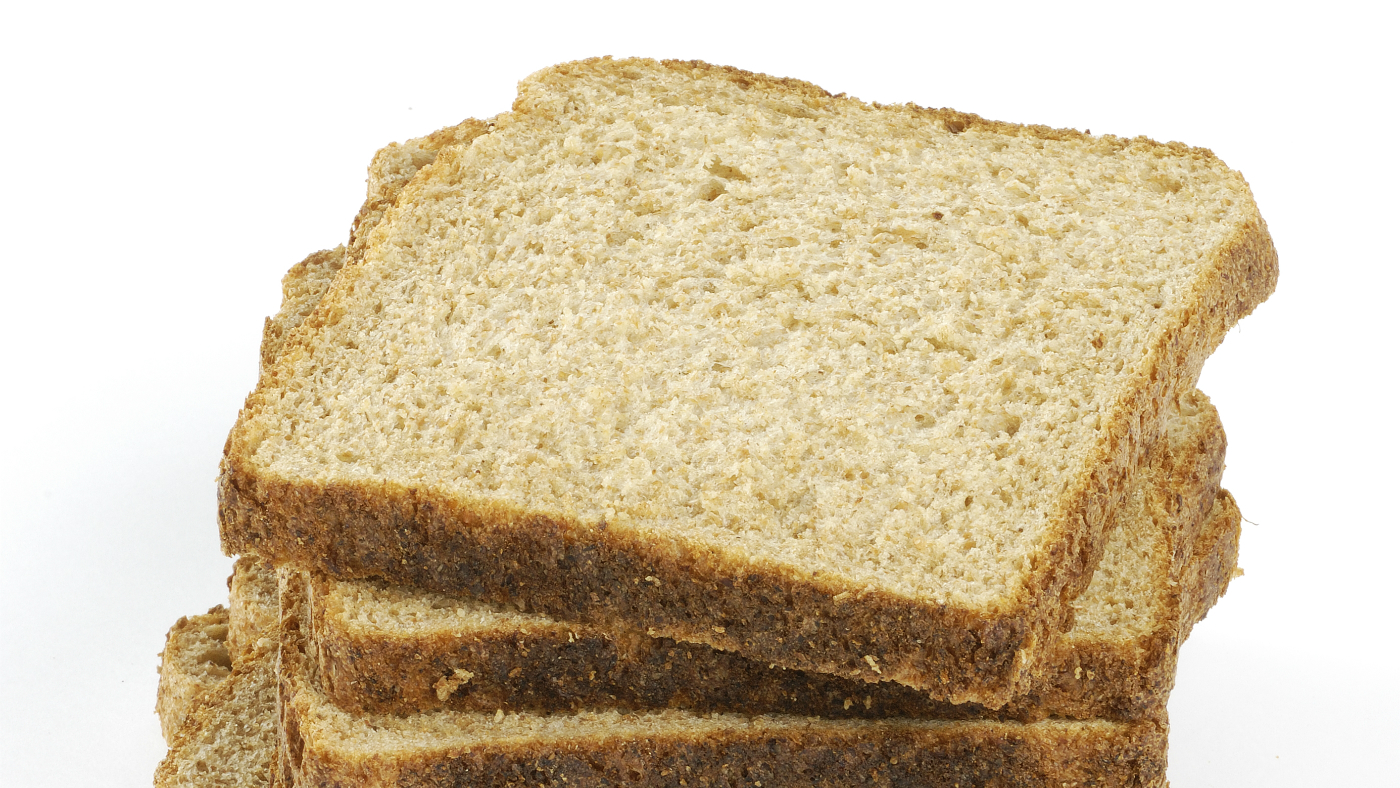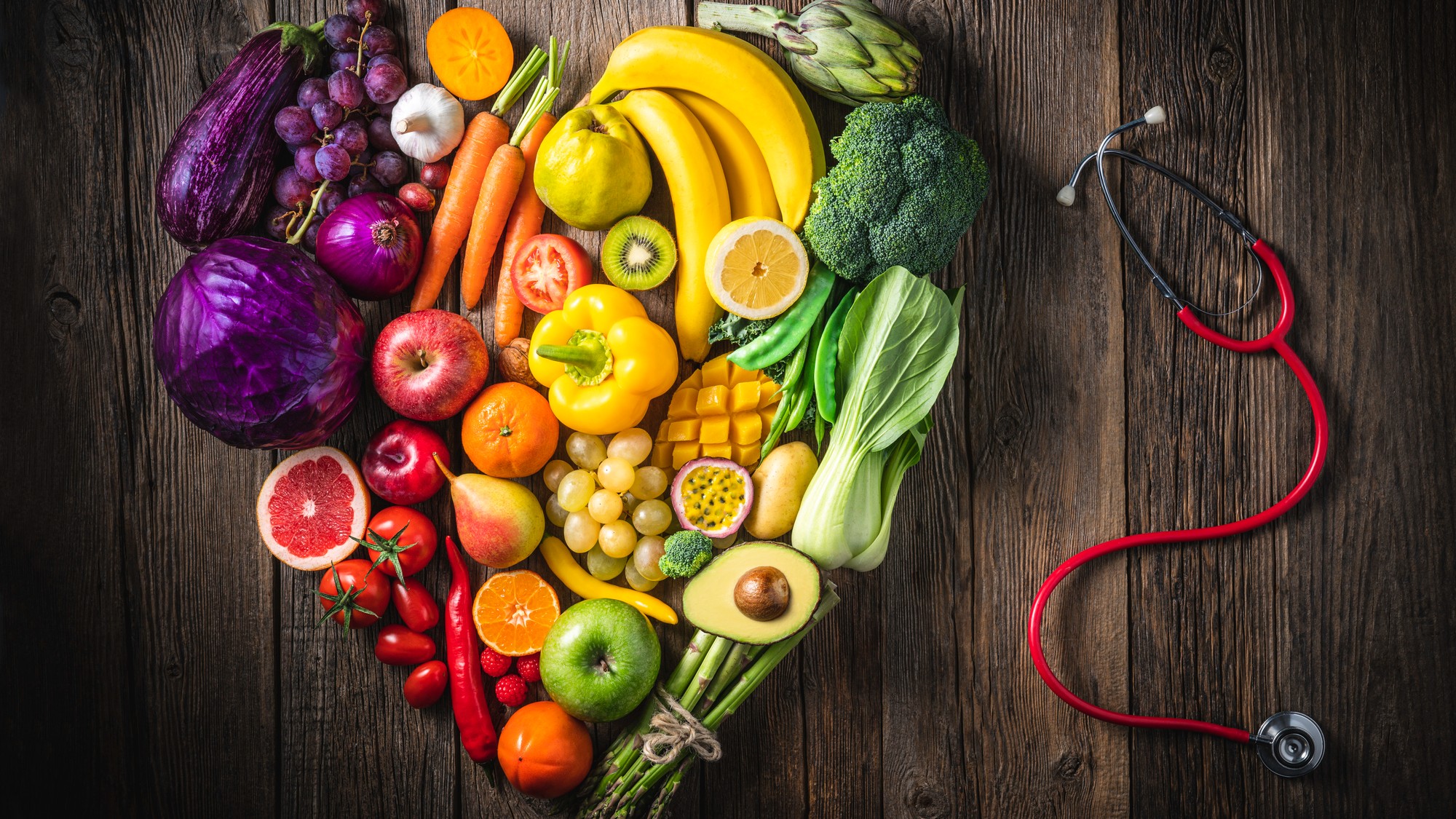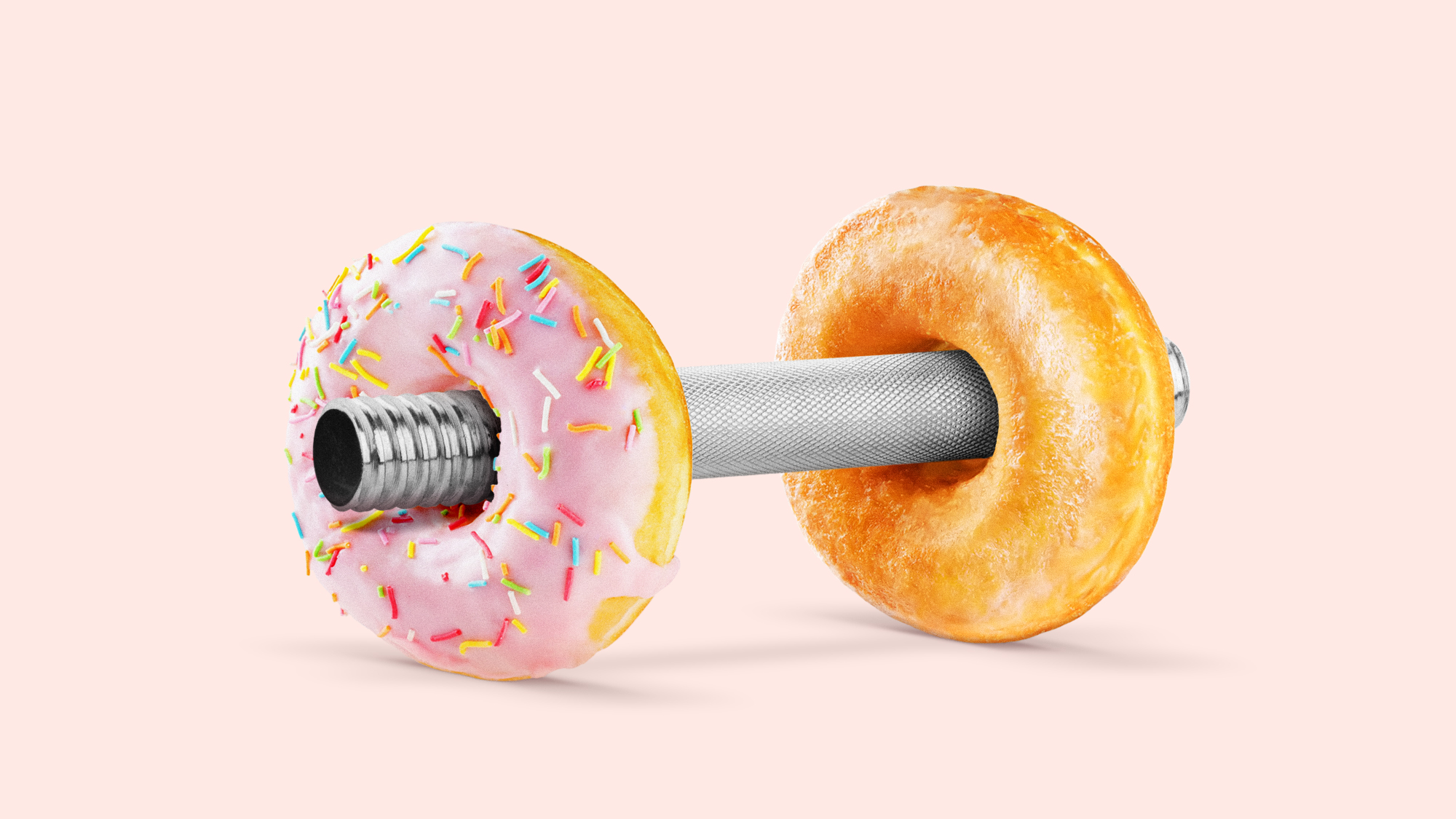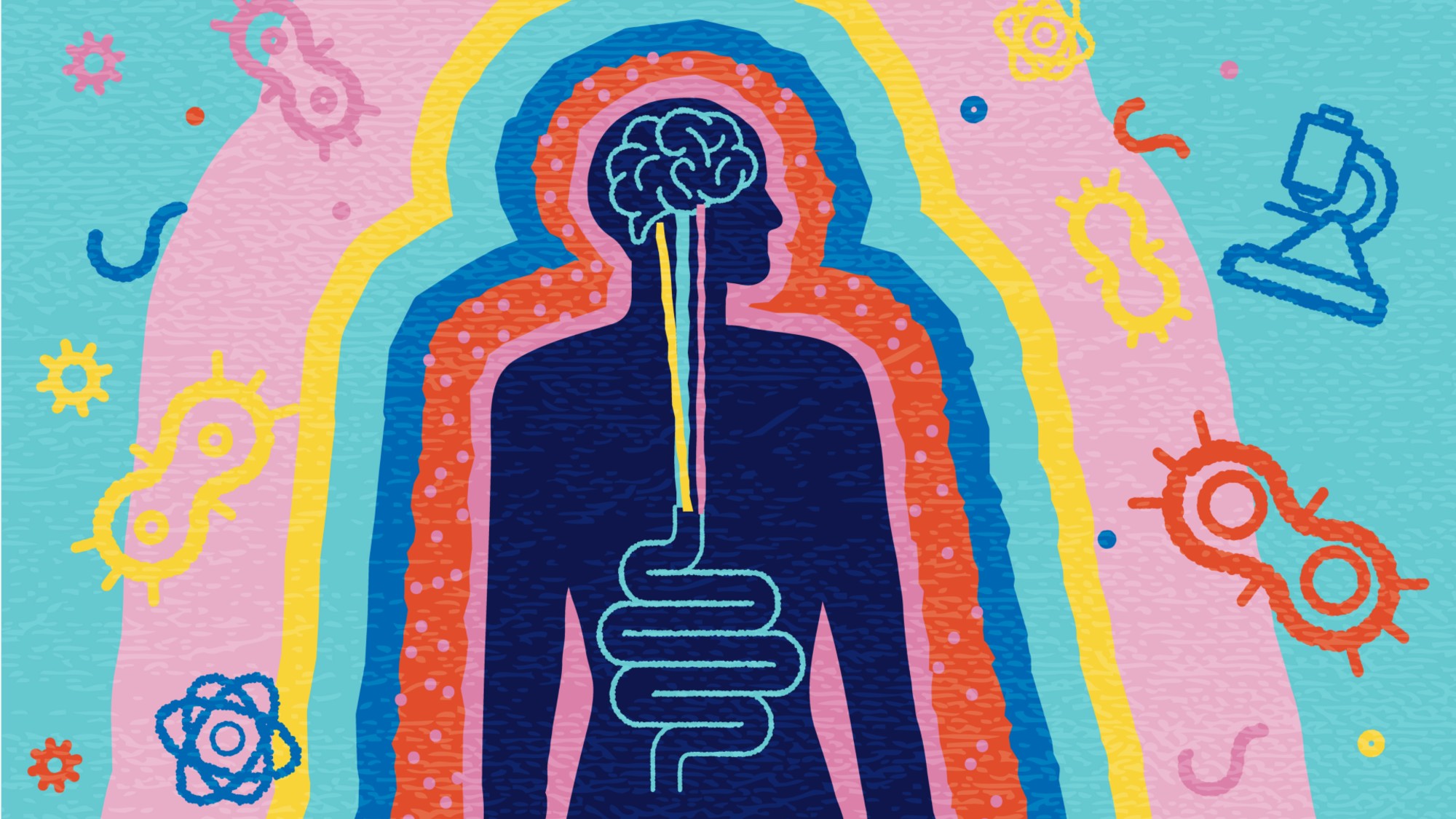Are you eating enough fibre?
Landmark study finds eating high-fibre diet cuts risk of chronic diseases and early death

A free daily email with the biggest news stories of the day – and the best features from TheWeek.com
You are now subscribed
Your newsletter sign-up was successful
Most people are aware that eating fibre helps keep you “regular” but a landmark new analysis suggests the health benefits may be far greater than previously realised.
According to a review of 185 studies and 58 clinical trials conducted over nearly 40 years, high-fibre diets decreases the risk of premature death as a result of heart disease, type 2 diabetes, stroke and cancer.
In fact, people who ate the most fibre were found to have a 15% to 30% reduced risk of early death and chronic diseases than those who consumed the least, CNN reports.
The Week
Escape your echo chamber. Get the facts behind the news, plus analysis from multiple perspectives.

Sign up for The Week's Free Newsletters
From our morning news briefing to a weekly Good News Newsletter, get the best of The Week delivered directly to your inbox.
From our morning news briefing to a weekly Good News Newsletter, get the best of The Week delivered directly to your inbox.
The researchers, from the University of Dundee and the University of Otago in New Zealand, concluded that “we should be eating at least 25g to 29g of fibre a day, with indications that over 30g is even better”, says The Guardian.
Study co-author John Cummings, emeritus professor of experimental gastroenterology at the Scottish institution, told the BBC: “The evidence is now overwhelming and this is a game changer that people have to start doing something about it.”
However, the findings, which will inform upcoming World Health Organization (WHO) guidelines, may alarms some Brits. NHS statistics suggest that women and men in the UK consume just 17g and 21g fibre respectively each day.
The researchers’ conclusions will also be a blow to proponents of low-carbohydrate diets, notes The Guardian. Although sugar is a “bad” carbohydrate, fibre is found in “good” carbohydrates such as wholegrain bread and oat-based muesli, the newspaper explains.
A free daily email with the biggest news stories of the day – and the best features from TheWeek.com
Also known as roughage, fibre refers to the parts of plant-based foods that the human body cannot digest. Along with whole grains, dietary sources include fresh fruit and vegetables, pulses and nuts.
Lentils, kidney beans, artichokes and avocados are all particularly rich in fibre, which can aid digestion and prevent constipation, while making you feel fuller for longer.
If you’re looking to up your fibre intake, the NHS has provides the following tips:
- Choose a higher-fibre breakfast cereal such as plain wholewheat biscuits (like Weetabix) or plain shredded whole grain. Porridge oats are also a good source of fibre
- Go for wholemeal or granary breads, or higher-fibre white bread, and choose wholegrains such as wholewheat pasta, bulgur wheat or brown rice
- Cook potatoes with their skins on
- Add pulses such as beans, lentils or chickpeas to stews, curries and salads
- Include plenty of vegetables with meals, either as a side dish or added to sauces, stews or curries
- Have some fresh or dried fruit, or fruit canned in natural juice, for dessert
- For snacks, try fresh fruit, vegetable sticks, rye crackers, oatcakes and unsalted nuts or seeds
-
 The week’s best photos
The week’s best photosIn Pictures An explosive meal, a carnival of joy, and more
-
 The ‘ravenous’ demand for Cornish minerals
The ‘ravenous’ demand for Cornish mineralsUnder the Radar Growing need for critical minerals to power tech has intensified ‘appetite’ for lithium, which could be a ‘huge boon’ for local economy
-
 Why are election experts taking Trump’s midterm threats seriously?
Why are election experts taking Trump’s midterm threats seriously?IN THE SPOTLIGHT As the president muses about polling place deployments and a centralized electoral system aimed at one-party control, lawmakers are taking this administration at its word
-
 The truth about vitamin supplements
The truth about vitamin supplementsThe Explainer UK industry worth £559 million but scientific evidence of health benefits is ‘complicated’
-
 Obesity drugs: Will Trump’s plan lower costs?
Obesity drugs: Will Trump’s plan lower costs?Feature Even $149 a month, the advertised price for a starting dose of a still-in-development GLP-1 pill on TrumpRx, will be too big a burden for the many Americans ‘struggling to afford groceries’
-
 The plant-based portfolio diet invests in your heart’s health
The plant-based portfolio diet invests in your heart’s healthThe Explainer Its guidelines are flexible and vegan-friendly
-
 The battle of the weight-loss drugs
The battle of the weight-loss drugsTalking Point Can Novo Nordisk and Eli Lilly regain their former stock market glory? A lot is riding on next year's pills
-
 Food may contribute more to obesity than exercise
Food may contribute more to obesity than exerciseUnder the radar The devil's in the diet
-
 Orthorexia nervosa: when clean eating goes too far
Orthorexia nervosa: when clean eating goes too farThe Explainer Being healthy is fine, but obsessing over it is dangerous
-
 A happy gut is a healthy gut. These 5 tips aim to help you achieve that goal.
A happy gut is a healthy gut. These 5 tips aim to help you achieve that goal.The Week Recommends A healthy gut is all the rage in wellness circles
-
 China's soaring dementia rates
China's soaring dementia ratesUnder The Radar Government launches action plan after cases in China increase 50% faster than global average